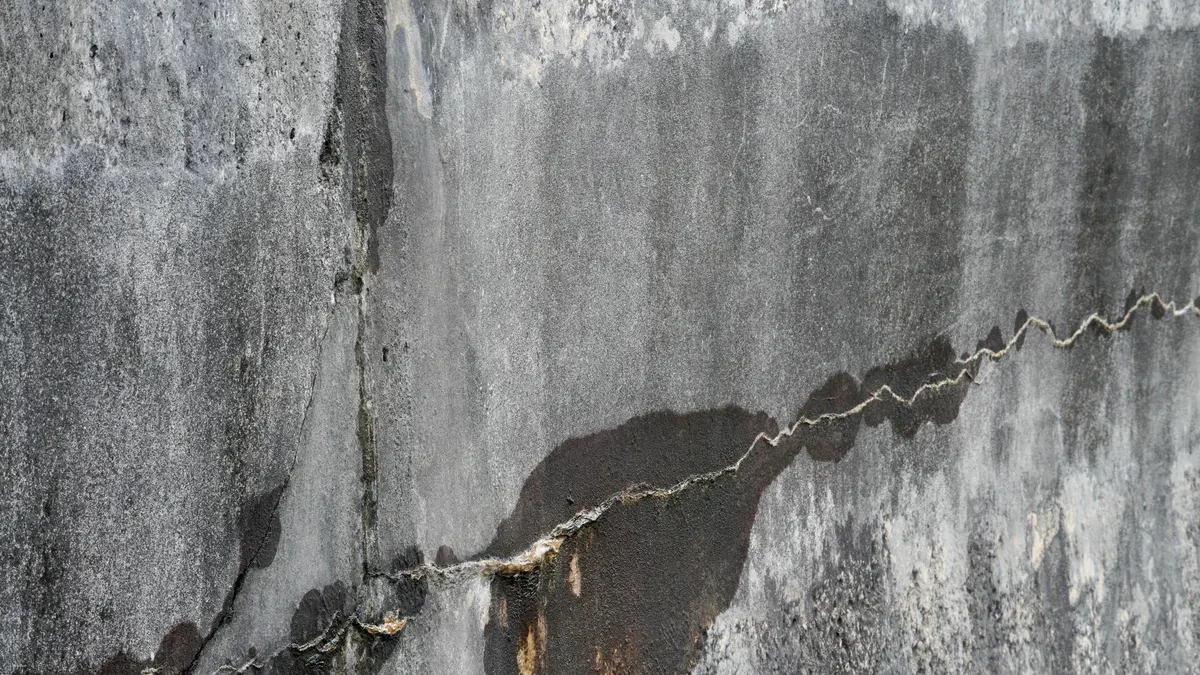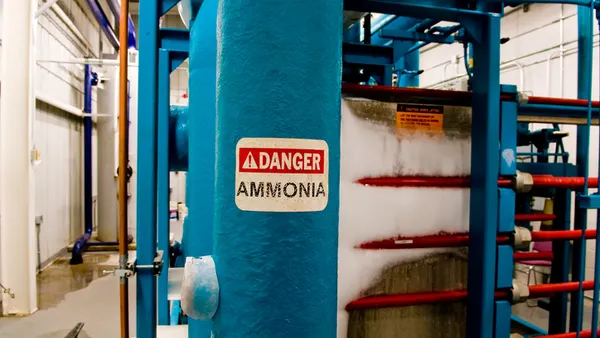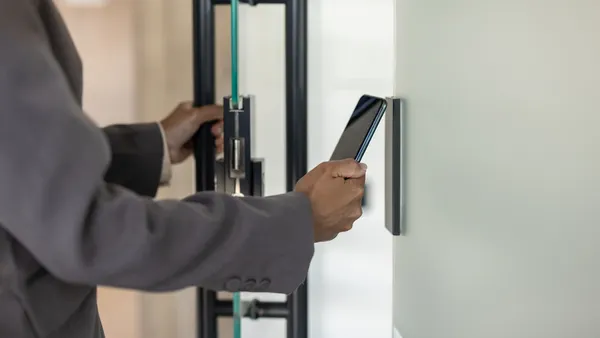Premises liability and inexperienced workers are driving an increase in casualty risk for organizations, putting facilities managers on the frontlines of a broader problem that will likely get worse, according to a report by Marsh McLennan Agency, the U.S. and Canada subsidiary of global risk manager Marsh.
Increasing social polarization is a factor in the rise of so-called nuclear verdicts – jury awards that are in the tens of millions of dollars and even hundreds of millions of dollars, the company says in its 2025 Business Insurance Trends Report.
“Jurors who increasingly distrust corporations … are willing to award more compensation to plaintiffs they perceive as victims,” says the report.
That trend is driving up settlement costs even when the organization being sued would likely win on the merits were the case to go to trial, according to the report.
“Plaintiffs’ attorneys’ pursuit of big verdicts and their advertising tends to fuel plaintiffs’ expectations and drive up the cost of settling litigation,” it says.
Premises liability is one of the big drivers of these nuclear-verdict cases, the company says.
In one recent case, a pharmacy was hit with a $43 million premises liability verdict in a suit that alleged the store was responsible for a criminal attack in its parking lot.
In this and other cases with outsized verdicts, the defendant “appeared to have little direct responsibility for an injury or death alleged by a plaintiff,” the report says.
Premises liability risks tend to increase whenever the spread between economic winners and losers widens, so an economic slowdown could lead to more claims, the company says.
“Premises liability will be a bigger headache for businesses in the future if crime increases, and illicit economic activity may trigger executive liability,” it says.
Labor shortages in construction and service industries are also exacerbating risk because organizations are hiring less experienced people to fill openings, a trend that can lead to more accidents followed by more lawsuits, according to the report.
“Workers with less than one year of tenure in their jobs are more than twice as likely to have a workers’ compensation claim as the statewide average,” says the report, citing a California study. “Workers with less than a year of tenure accounted for more than 40% of state workers’ compensation claims.”
















